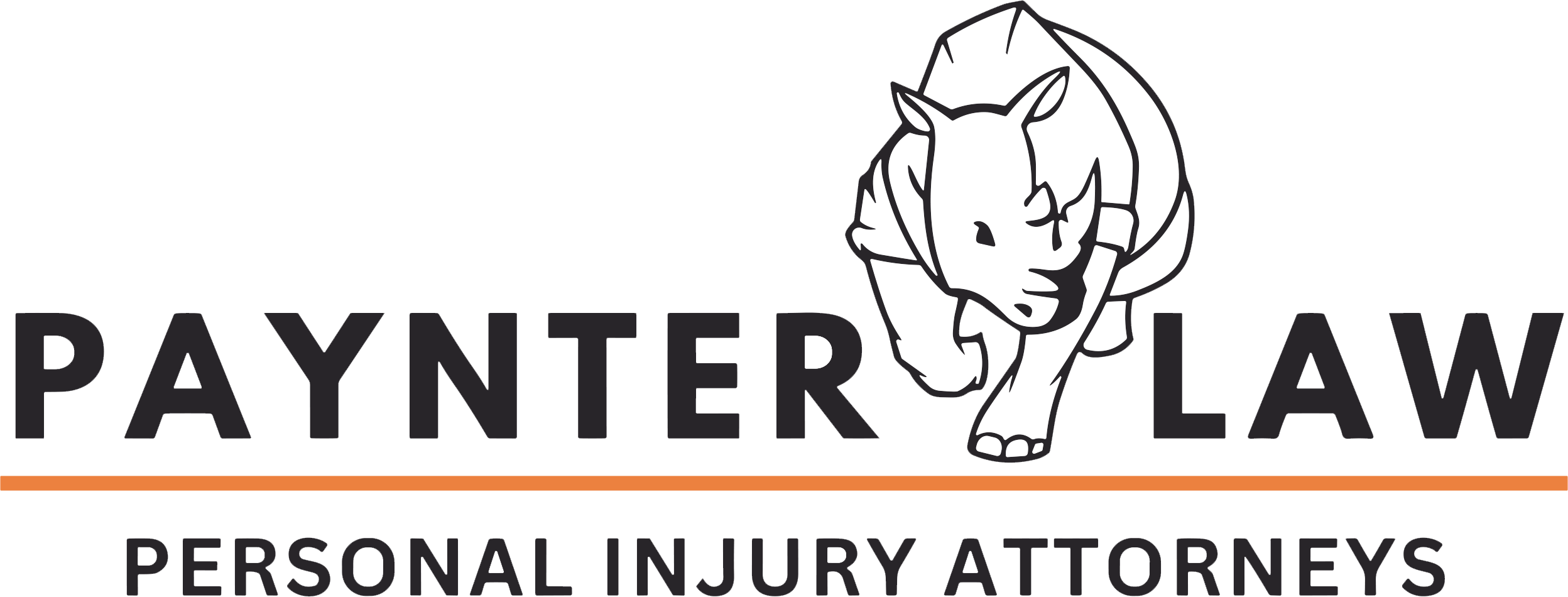Unfortunately, brain injuries are common. According to data from Brainline, approximately 2.8 million people suffer traumatic brain injuries (TBIs) nationwide each year. Victims of brain injuries can suffer mild, moderate, or severe damage.
There are many ways that doctors can assess a patient believed to have suffered a brain injury. The Glasgow Coma Scale (GSC) is a diagnostic tool that doctors use to help evaluate suspected TBIs. In this article, our North Carolina brain injury attorneys at Paynter Law define the GCS, explain concussions always require immediate medical attention, and provide an overview of your rights and options if you or your loved one sustained a severe brain injury in an accident.
The Glasgow Coma Scale is an Objective Measure of Consciousness for a Suspected TBI
The Glasgow Coma Scale (GSC) is a metric that doctors use to help diagnose a brain injury and measure progress. As explained in a study published by the National Library of Medicine, the scale is “used to objectively describe the extent of impaired consciousness” that the patient is enduring. There are three different aspects of the scale that are all related to consciousness:
- Eye movement
- Verbal response
- Motor skill response
The scale ranges from 3 to 15―with each of the individual sections ranging from ‘1’ to ‘5’. A lower score means a lower level of response. A score of ‘3’ indicates the lowest level of consciousness. In contrast, a score of 15 indicates full consciousness. As a general rule, any GSC score below ‘8’ indicates a medical emergency and a serious brain injury.
The GSC Helps to Gauge Severity, But it is Not a Direct Measure of Severity
It is important to emphasize that the GSC is a scale designed to measure consciousness across the three primary response areas—eyes, verbal, and motor skills. It can be very useful in measuring the likely severity of a brain injury. The lower the consciousness level, the greater the likelihood of a severe brain injury. That being said, a GSC is not a direct measure of severity. A more comprehensive assessment of the patient by a qualified doctor is always required.
All Suspected Brain Injuries Require Immediate Medical Attention
Regardless of severity, all suspected brain injuries require immediate medical attention. Even a mild concussion can have serious and long-lasting effects on the brain. Prompt medical treatment can help prevent further damage and improve the chances of a full recovery. Some of the most common symptoms of a brain injury include:
- Dizziness
- Headaches
- Blurred vision
- Short-term memory loss
- Slurred speech
- Pupil dilation
- Loss of consciousness
If you or someone you know has experienced a blow to the head or body, seek medical attention immediately. Do not wait for symptoms to appear before seeking help. Proactive treatment from a qualified doctor can make a significant difference in both a brain injury’s short-term and long-term outcomes.
Suffered a TBI? What to Do Next
A brain injury can bring your entire life to a halt in a matter of seconds. It is crucial that you know what to do to protect your health, well-being, and legal rights. Here are three essential steps to take after suffering a possible concussion/TBI in North Carolina:
- Get the Proper Medical Care: Medical needs come first. Seek medical attention as soon as possible after the accident to assess the extent of the TBI and to receive appropriate initial treatment/follow-up care. You will not be able to bring a claim without seeing a doctor.
- Document and Report the Accident: Keep a record of all medical treatments, tests, and other relevant information related to your brain injury. You should also report the accident to the appropriate authorities and other parties. Brain injury claims are generally at-fault legal cases. The more evidence you have, the better position you will be in to get justice.
- Consult With a Lawyer: You do not have to navigate the personal injury claims process alone. Our North Carolina brain injury lawyers can help you seek the full and fair compensation you deserve, which can include medical bills, lost income, pain and suffering, and any long-term physical or mental impairments.
Contact Our North Carolina Traumatic Brain Injury Attorney Today
At Paynter Law, our North Carolina brain injury lawyers are skilled, compassionate, and justice-driven advocates for victims and families. With more than $500 million secured for our clients in settlements and verdicts, we will be with you every step of the way. Contact our personal injury team today for a free, no-obligation consultation. Our attorneys handle traumatic brain injury claims throughout North Carolina.

